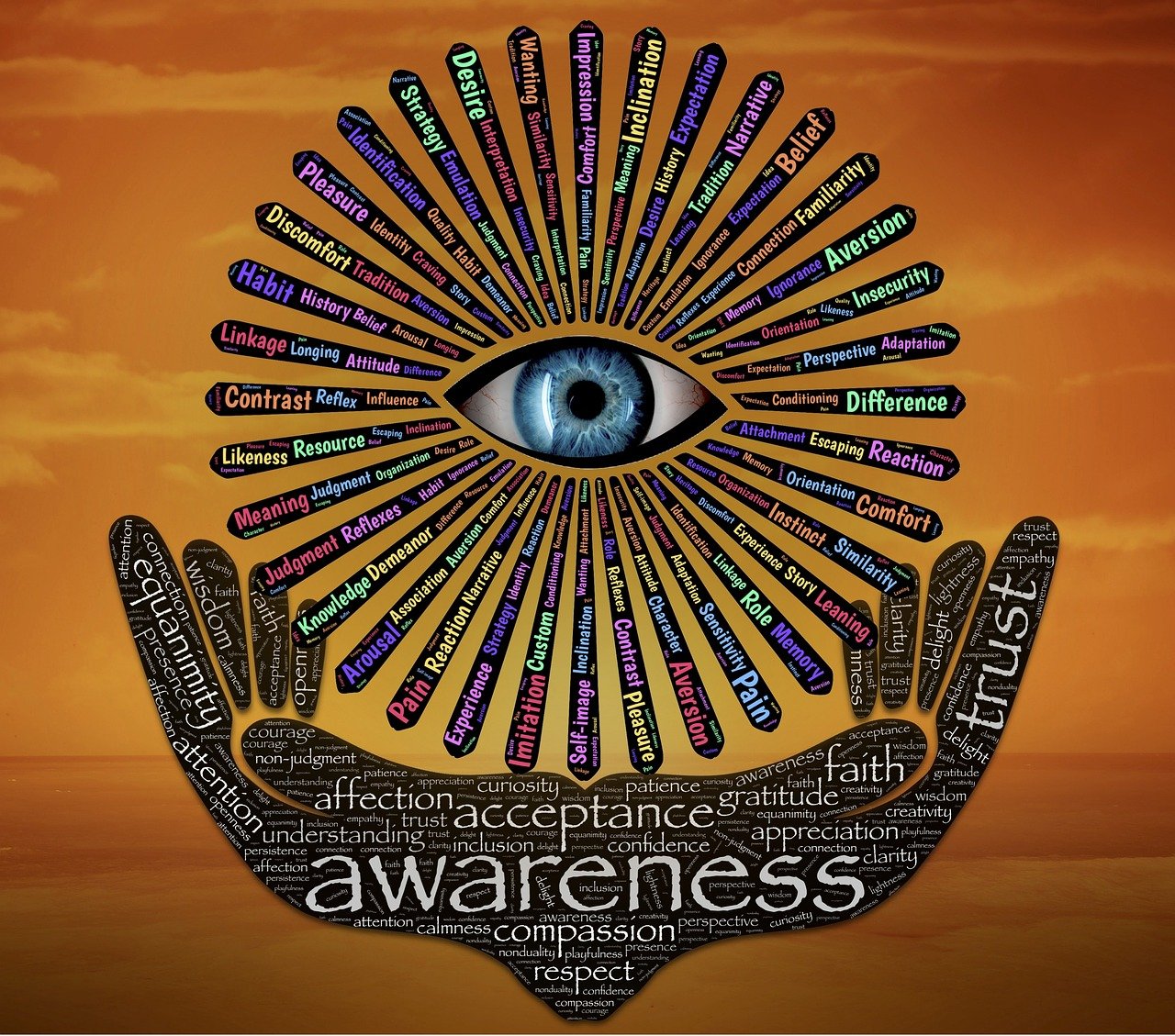In the complex arena of decision making, the interplay between trusting one’s gut feeling and heeding the advice of seasoned advisors can define the quality of outcomes both in personal and professional spheres. Every day, individuals and leaders face choices that require balancing instinctive judgments with external expertise. The question of when to rely on personal intuition versus external counseling is pivotal, especially as our understanding of cognitive processes, emotional intelligence, and mentorship dynamics evolves.
This deep dive explores how three internal “brains” — the head, heart, and gut — influence our wisdom and judgment, illustrating how syncing these internal signals minimizes cognitive dissonance and enhances trust in decision making. Simultaneously, it unpacks the indispensable role of advisors and mentorships in informing choices with experience-based insights.
As 2025 advances with an accelerating demand for swift yet sound decisions in careers, relationships, and health, comprehending the nuanced triggers and limitations of gut feelings versus consulting external wisdom becomes imperative. This article dissects strategies to refine intuition, how to decode it amidst overthinking, and when collaborative judgment outshines solitary instincts, setting the stage for sound, confident decisions grounded in balanced internal and external perspectives.
Understanding the Role of Your Head, Heart, and Gut in Decision Making
Decision making is not just a cerebral activity; it involves a complex dialogue among three distinct inner systems often dubbed as “brains”: the rational head, the emotional heart, and the intuitive gut. Recognizing how these parts function and influence each other is the first step in discerning when to trust internal instincts or seek external advice.
The Rational Head: Facts and Logic
The head governs logical thinking and methodical analysis. It assesses facts, quantifies risks, and creates lists of pros and cons. For example, when considering a job promotion, the head evaluates salary increments, workload, and career trajectory. This system is certainty-driven, articulating decisions in “shoulds” and “shouldn’ts” based on clear data.
However, the head alone may dismiss subtle emotional or intuitive data, potentially overlooking critical motivational or situational nuances essential to sound judgment.
The Emotional Heart: Passions and Values
The heart reflects emotional impulses, desires, and values, capturing the “I want” or “I don’t want” cues. It assesses alignment with personal fulfillment—does the choice excite or repel? When a candidate feels uneasy about a promotion despite logical benefits, the heart may signal an underlying discomfort tied to work-life balance or values.
It’s vital to weigh these feelings alongside facts since ignoring them can lead to decisions that, while rational, cause dissatisfaction or regret.
The Intuitive Gut: The Subtle Sixth Sense
The gut provides intuitive, often unconscious signals. It may manifest as a vague sense of “rightness” or “wrongness” without explicit reasons. This subtle messenger processes complex internal cues, drawing from accumulated experience even when the conscious mind cannot specify why.
For instance, when all data favors a choice, yet a gut feeling warns against it, this intuitive nudge merits reflection. However, gut feelings can be cryptic and influenced by biases; thus, learning to interpret them accurately requires attentive practice.
Balancing the Three: Avoiding Cognitive Dissonance
Ignoring one of these three internal guides risks cognitive dissonance—a psychological tension from holding conflicting beliefs or emotions. This internal discord manifests physically and mentally, compromising the clarity of decisions.
Balancing head, heart, and gut in alignment fosters integrated wisdom and reduces internal conflict. Regularly checking each “brain” when facing a decision trains judgment and trust, allowing for decisions that feel authentic and well-grounded.
- Head analyzes data, risks, benefits
- Heart evaluates emotional and moral alignment
- Gut sends intuitive signals about unspoken contexts
- Alignment prevents internal conflict and enhances confidence
| Internal Brain | Main Function | Typical Signal | Risk if Ignored |
|---|---|---|---|
| Head | Rational analysis and judgement | Logical pros and cons, risks assessments | Detachment from emotional values, potential dissatisfaction |
| Heart | Emotional resonance and values | Desire, passion, aversion signals | Ignoring feelings leading to regret or discontent |
| Gut | Intuitive, subconscious insight | Vague “right” or “wrong” impulses | Overlooking subtle signals, misinterpretation of intuition |

When and How to Trust Your Gut Feeling in Wise Judgment
Trusting gut feelings is an ancient wisdom deeply embedded in human cognition. Yet, distinguishing genuine intuition from sheer impulsiveness or emotional noise requires skillful judgment sharpened by experience and self-awareness.
Signs That Your Gut Is Guiding You
Experts identify several physical and emotional cues indicative of true intuition:
- A persistent sensation or tension in the stomach area indicating unspoken warnings or affirmations.
- “Hairs standing on end” moments signaling subconscious recognition of danger.
- An inexplicable pull towards or away from an option without rational reasons.
- Subtle bodily discomfort when certain decisions contradict personal values or safety.
For instance, if while negotiating a business deal, you feel a subtle but nagging unease despite promising terms, this gut feeling warrants deeper investigation before signing.
Situations Where Trusting Your Gut Is Crucial
- Personal safety: Gut feelings alert you to potential threats in environments, interactions, or decisions.
- Health awareness: Sudden physical symptoms or discomfort may be intuitive messages about well-being.
- Interpersonal relationships: Suspicious or uneasy feelings about partners or colleagues deserve acknowledgement and inquiry.
- Professional skills and confidence: When self-doubt creeps in despite competence, intuition can help identify impostor syndrome rather than true incapacity.
Developing Intuition as a Trustworthy Tool
While intuition is innate, strengthening it requires deliberate effort:
- Practicing mindfulness to discern between fleeting emotions and genuine gut signals.
- Journaling to reflect on past decisions and intuitive successes or failures.
- Engaging in therapy or coaching to explore underlying fears or traumas that may obscure intuition.
- Regularly pausing to check in with all three internal “brains” before decisions.
| Sign of True Intuition | Description | Example in Decision Making |
|---|---|---|
| Physical sensation | Tension or discomfort especially in the stomach | Feeling uneasy about a deal despite attractive terms |
| Subconscious alert | Sudden ‘goosebumps’ or heightened alertness | Instinctively avoiding a dangerous situation |
| Non-verbal cues | Unexplainable attraction or resistance | Feeling drawn away from a tempting but morally ambiguous choice |
The Value of Advisors, Consulting, and Mentorship in Complex Decisions
Even the most finely tuned intuition benefits greatly from external input. Advisors and mentors bring the power of experience, objective analysis, and consultation that can fill gaps left by internal judgment alone.
Why External Wisdom Matters
Consulting with experienced advisors provides:
- Experienced perspectives: Insight from seasoned professionals who have confronted similar decisions.
- Impartial judgment: Objective analysis unclouded by personal bias or emotion.
- Broader context: Understanding of market, social, or relational dynamics often inaccessible to individuals.
For example, aspiring managers might feel inclined to take promotions, but advisors can highlight potential pitfalls or opportunities beyond surface-level benefits, facilitating wiser, long-term career choices.
When to Prioritize Advisors Over Your Gut
- Mundane or specialized tasks: When the decision involves technical knowledge or specialized expertise.
- Emotionally-charged situations: Where emotions might compromise objectivity.
- When gut signals are unclear or conflicting: Seeking outside input can clarify ambiguous internal cues.
- High-stakes decisions with long-term impact: Multilayered consequences warrant comprehensive consultation.
Maximizing the Benefits of Mentorship
To optimally leverage external advisors:
- Select advisors with relevant experience and complementary judgment styles.
- Be open but discerning about feedback; not all advice fits your values or context.
- Use mentorship as an iterative dialogue, refining your judgment progressively.
- Blend findings with your internal signals for balanced decision making.
| Type of Advisor | Best Use Cases | Potential Limitations |
|---|---|---|
| Professional Consultant | Technical problems, strategic business decisions | May lack emotional sensitivity or contextual nuance |
| Mentor | Career development, leadership skills | Potential bias from previous experiences |
| Peer Advisor | Day-to-day decision making, emotional support | Limited perspective beyond shared experience |
Strategies to Distinguish Between Gut Feelings and Overthinking in Judgment
Many people grapple with distinguishing genuine intuition from the noise of overthinking and anxiety. Cultivating this discernment enhances trustworthiness in gut feelings and prevents rash decisions driven by unchecked emotions.
Characteristics of Intuition vs. Overthinking
| Attribute | Intuition | Overthinking |
|---|---|---|
| Nature | Neutral, suggestive, often subtle | Repetitive, anxious, pressure-filled |
| Communication Style | Impersonal, non-demanding, exploratory | Directive, fearful, ultimatum-driven |
| Emotional Impact | Calm, settled, confident | Stressful, paranoid, conflicted |
| Cognitive Process | Instant knowing without reasoning | Linear, analytical rumination |
- Practice mindfulness to identify mental chatter from intuitive nudges
- Ask yourself if the feeling “suggests” a course instead of demanding it
- Check if emotions calm rather than escalate when considering the feeling
- Reflect on whether the feeling relates to past fears rather than present facts
Being able to discern and act on intuition while recognizing and quieting overthinking is a skill that improves with intention and reflection, leading to greater confidence and sound judgment.
Tactics to Strengthen Trust in Your Intuition and Wisdom with Advisors
Building a reliable interplay between trusting your gut and consulting advisors requires targeted tactics that expand self-awareness, cultivate emotional balance, and promote open-minded collaboration.
Exercises to Tune Into Your Head, Heart, and Gut
Practicing a structured inner check-in can enhance awareness:
- Pause all distractions and physically settle in a quiet space.
- Focus on pure facts surrounding the decision without emotion.
- Shift awareness to emotional responses and values.
- Then sense the subtle intuitive signals in the gut area.
- Complete the circle by checking for physical tension or discomfort elsewhere in the body.
Integrating External Mentorship Dynamics
Engage in recurring dialogues with trusted mentors who challenge your assumptions and expose blind spots while respecting your values and context.
- Encourage constructive critique as a tool for refined judgment.
- Share your introspective practices so advisors understand your inner decision process.
- Use consulting feedback as complementary, not contradictory, to your intuition.
- Document decisions and outcomes to revisit and learn from past experiences.
| Practice | Benefit | Example |
|---|---|---|
| Mindful breathing and centering | Improves presence and reduces anxiety for clearer judgment | Taking 5 deep breaths before making a tough call |
| Journaling emotions and thoughts | Creates an external dialogue that clarifies signals and values | Writing reflections on a career dilemma |
| Regular mentorship discussions | Broaden perspective and validate reasoning | Monthly conversations with an experienced leader |

Frequently Asked Questions on Trusting Gut vs. Listening to Advisors
- Q: How do I know if my gut feeling is truly intuition or just fear?
A: Genuine intuition tends to be neutral and suggestive rather than urgent or fearful. It feels calm, whereas fear triggers anxiety and pressure. Practicing mindfulness helps differentiate between the two.
- Q: Should I always trust my advisors over my gut?
A: Not necessarily. Advisors provide valuable experience and perspective, but your internal head, heart, and gut signals remain crucial. The best decisions synthesize both internal wisdom and external counsel.
- Q: How can I strengthen my intuition to make better decisions?
A: Techniques like mindfulness, journaling, meditation, and therapy can enhance self-awareness, allowing you to recognize and trust your internal signals more clearly over time.
- Q: What if my gut feeling conflicts with my advisors’ advice?
A: Explore the reasons behind the conflict by engaging in self-reflection and open dialogue with advisors. It can uncover underlying fears, misalignments in values, or gaps in data that need addressing.
- Q: Is intuition more reliable than analytical thinking?
A: Intuition complements analytical thinking rather than replaces it. Together, they form a more comprehensive judgment framework. Ignoring either may weaken decision quality.


